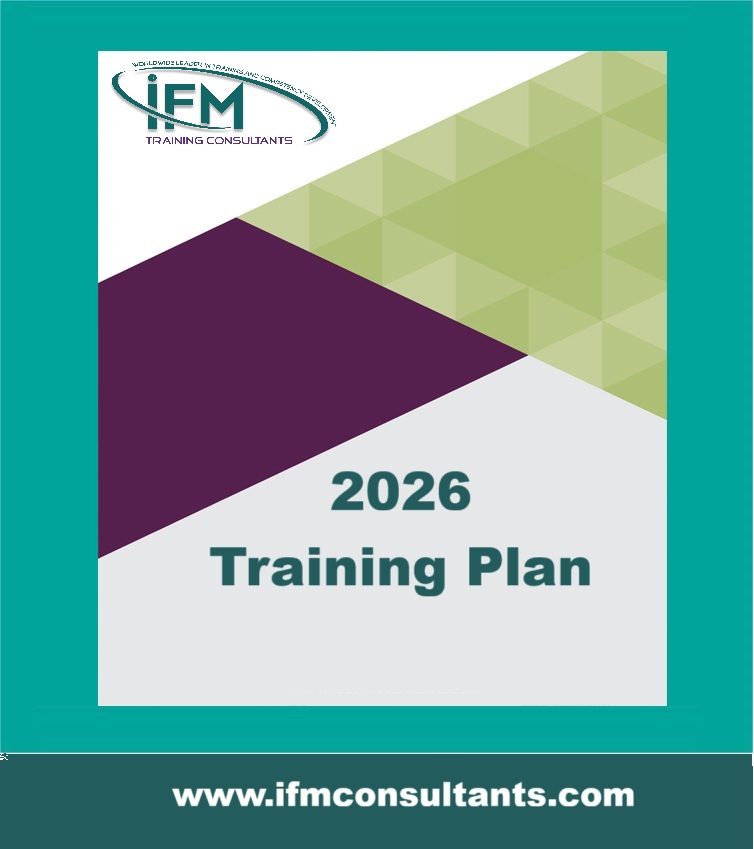Pumps and Compressors - Design, Operation, Maintenance and Troubleshooting
| Start Date | End Date | Venue | Fees (US $) | ||
|---|---|---|---|---|---|
| Pumps and Compressors - Design, Operation, Maintenance and Troubleshooting | 16 Nov 2025 | 20 Nov 2025 | Riyadh, KSA | $ 3,900 | Register |

Pumps and Compressors - Design, Operation, Maintenance and Troubleshooting
| Start Date | End Date | Venue | Fees (US $) | |
|---|---|---|---|---|
| Pumps and Compressors - Design, Operation, Maintenance and Troubleshooting | 16 Nov 2025 | 20 Nov 2025 | Riyadh, KSA | $ 3,900 |
Introduction
Pumps and compressors are generally critical machines in any production process, and hence it is vital that maintenance is most effective for these units. This course aims to provide delegates with a comprehensive understanding of how to use a combined predictive and preventive maintenance approach to achieve maximum reliability and greatest understanding of any deterioration that may occur.
Objectives
The program assumes familiarity with the design and construction of pumps and compressors. From this starting point it adopts an analytical approach to understanding the failure of all types of pumps and compressors. From a component-by-component perspective, the program investigates the root causes of failure and relates these to operating conditions and process parameters. Design, installation, lubrication and wear-related failure mechanisms are identified and a detailed understanding of the troubleshooting and diagnostic methods needed to detect and identify these is developed. The program provides participants with the knowledge needed to be effective in the inspection, monitoring and diagnostics of pumps and compressors, with emphasis placed upon the importance of a combined condition monitoring and strip-down inspection approach to maintenance.
Training Methodology
This is a highly interactive training course with opportunities to advance your opinions and ideas. Participation is encouraged in a supportive environment. To ensure the concepts introduced during the program are understood, they will be reinforced through a mix of learning methods, including lecture-style presentations, open discussion, case studies, simulations, and group work.
Who Should Attend?
Engineers, supervisory and technical staff involved in the monitoring, predictive maintenance and diagnostics of pumps and compressors.
Course Outline
Day 1:
- Friction, lubrication and wear mechanisms.
- Adhesive wear, abrasive wear, fatigue and fretting
- Machinery life cycles
- Mechanical issues, balancing and alignment
- Statistical reliability analysis
Day 2:
- Reliability models
- Root cause of, symptoms and detection mechanisms for imbalance
- Looseness
- Misalignment
- Gear problems
- Bearing problems
- Cavitation, causes and prevention
Day 3:
- Anti-friction bearings: types, lifetime, mounting, applications, related problems
- Plain and pad bearings, thrust bearings: operation, maintenance, incidents
- Mechanical seals, types, operation, related problems
- Other seals for positive displacement pumps and reciprocating compressors
- Performing a balance
Day 4:
- Vibration monitoring
- Overall and spectral measurements
- Vibration limits
- Introduction to spectrum analysis
- Lubricant monitoring
- Shape, size, amount, the chemical composition of debris
- Analytical techniques
Day 5:
- The role of condition monitoring in pump and compressor maintenance Diagnostic methods
- Capabilities and limitations of condition monitoring, and the need for a combined approach
- The importance of plant inspection
- Measurement devices, and what to monitor and where

















